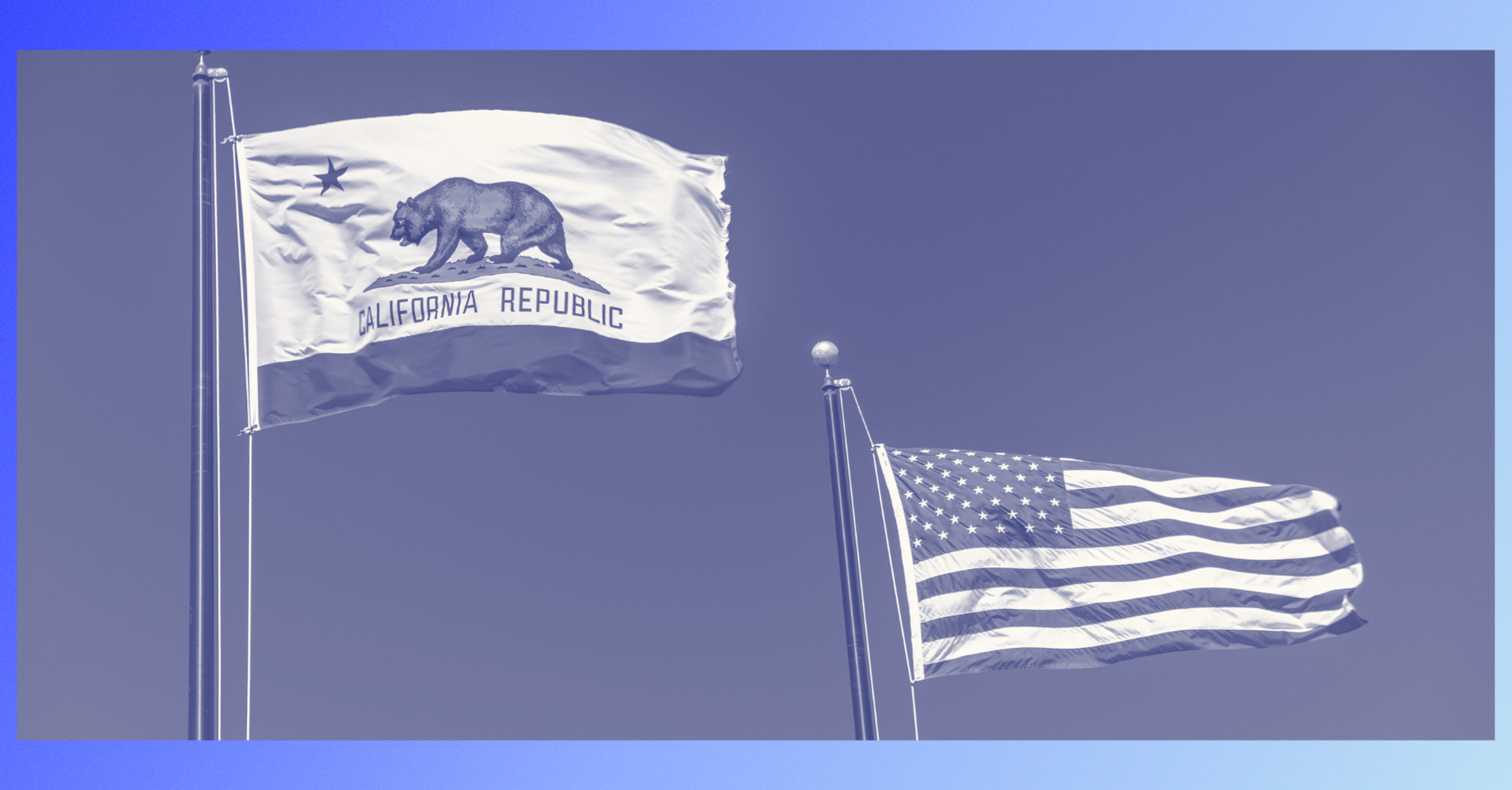
The Federal Trade Commission’s Green Guides are designed to help companies avoid making environmental claims that mislead customers. These guides, first issued in 1992 with updates coming later this year, provide clear definitions for terms like carbon offset, recyclable, and renewable energy to create consistent labeling that helps consumers make informed purchasing decisions.
Carmen Lu is a Counsel in Wachtell Lipton’s Corporate Department where she advises public and private companies and boards of directors across industries on ESG and corporate governance matters and evolving market trends, expectations and practices.
Ms. Lu joined us to answer questions on the FTC Green Guides and what information companies need to prepare.
What do the FTC’s Green Guides cover?
The Federal Trade Commission’s Green Guides set forth general principles and specific guidance on the use of particular marketing claims and are designed to help marketers ensure that the claims they make about the environmental attributes of their products are truthful and not deceptive.
Specifically, the Green Guides (1) describe how reasonable customers are likely to interpret certain marketing claims relating to environmental benefits, (2) explain how marketers can back up these claims, and (3) provide options on how marketers can qualify such claims to avoid deception. The Green Guides are administrative interpretations of the law and consequently do not have the force of law and are not independently enforceable. The FTC, however, can take action under the FTC Act if a marketer makes an environmental claim inconsistent with the Green Guides. In addition, certain states have incorporated the Green Guides by reference into state law and the Guides are also used by the National Advertising Division of the Better Business Bureau.
Who do the Green Guides apply to?
The Green Guides apply to any business that makes claims about the environmental attributes of a product, package, or service in connection with the marketing, offering for sale, or sale of such item or service to individuals. The Guides also apply to business-to-business transactions, including, advertising agencies, catalog marketers, infomercial producers, home shopping companies, certifiers, auditors, and wholesale and retail sellers. Environmental claims covered by the Guides encompass claims made to another person or business about the environmental characteristics of a product, package, or service in labeling, advertising, promotional materials, and all other forms of marketing in any medium, whether asserted directly or by implication, through words, symbols, logos, depictions, product brand names, labels, emails, social media posts, electronic communications, and any other means of communication.
What are the proposed upcoming changes to the Green Guides?
On December 14, 2022, the FTC announced it was seeking public comments on potential updates and changes to the Green Guides. The public comment window closed on April 24, 2023. In addition to inviting general public feedback on the usefulness of the Guides, the FTC has also proposed the following updates:
- Revisions to “Recyclable”: The FTC is considering changing the threshold for when marketers can make unqualified “recyclable” claims to address concerns on the availability of recycling facilities in communities where such items are sold. Additionally, the FTC is considering additional guidance on products that are collected for recycling but are ultimately not recycled.
- Revisions to “Recycled Content”: The FTC is evaluating whether consumers understand claims regarding recycled content, including claims about “pre-consumer” and “post-industrial” content. The FTC is also considering whether to provide alternative methods to substantiate recycled content claims.
- Carbon Offsets and Climate Change: While the Green Guides currently provide guidance on carbon offset claims, the FTC is considering issuing guidance on climate change related matters, including claims such as “carbon neutral”, “low carbon”, and “carbon negative” claims.
- Guidance on “Organic”, “Sustainable”, “Compostable”, “Degradable”, “Ozone-friendly”: The FTC is considering issuing guidance on the use of the term “organic” for non-agricultural products (which it previously declined to do) and is also assessing whether to issue additional guidance on the use of the terms “sustainable”, “compostable,” “ozone-friendly,” and “degradable”.
- Guidance on Energy Use and Energy Efficiency: The FTC is considering whether to issue additional guidance on energy use and efficiency claims for household devices, electric vehicles and other products.
The FTC has also sought comment as to whether the Commission should initiate a proceeding to consider a rule making under the FTC Act related to deceptive or unfair environmental claims, and if so, which principles set out in the Green Guides should be incorporated into a rule.
When might the changes be finalized?
Public comment about changes to the Green Guides closed on April 24, 2023. The FTC has not disclosed when the Green Guides will be finalized and all businesses should monitor the FTC website for updates.
What are the consequences of not complying with the Guides?
Businesses that fail to comply with the Green Guides may face civil penalties under the FTC Act, as well as under other federal, state, and local laws. In recent years, the FTC has stepped up enforcement actions against false or misleading environmental claims. In May 2022, two large retailers reached settlements of $2.5 million and $3 million, respectively, after incorrectly claiming certain rayon textile products were made of bamboo. Other recent enforcement actions can be found on the FTC’s website.
What should companies keep in mind to comply with the Guides?
As environmental claims continue to attract greater scrutiny from regulators and consumers alike, businesses would be well advised to consider taking the following steps before making claims regarding the environmental attributes of their products:
- Review the proposed revisions to the Green Guides to identify claims and disclosures that may need to updated to comply with new guidance;
- Periodically review internal protocols and processes to ensure all environmental claims are properly substantiated with evidence that is sufficient in quality and quantity to support such claims;
- Take steps to protect the supply chain from contributing to misleading claims, whether through audits, certification, contractual obligations, qualifications, and/or educating suppliers and contractors about the business’s marketing policies and procedures; and
- Where possible, avoid or minimize vague, generalized, overbroad or overstated claims.











